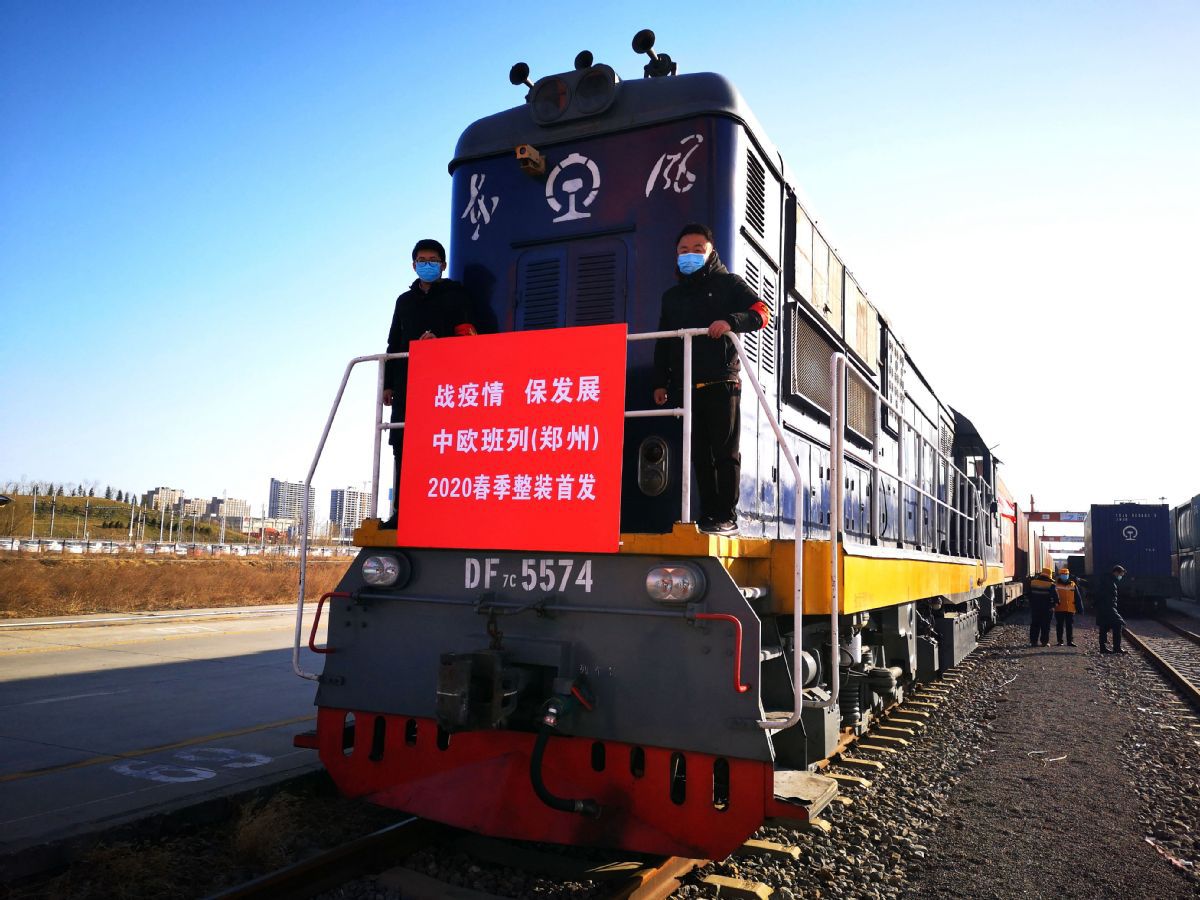Virus outbreak slows up China-EU trade talks
By Harvey Morris | China Daily Global | Updated: 2020-03-05 10:06

In a brief statement at the end of January, the organizers of a UK-China Regional Leaders Summit that was scheduled to be held in Birmingham the following month announced its postponement in the light of the novel coronavirus crisis.
It was an early indicator that the spread of COVID-19, and the international measures to contain it, might put a brake on a program of events this year to enhance the relationship between China and its trading partners in Europe.
Deferring a few international gatherings to some future date might seem relatively insignificant as the world grapples with the threat of lower output and an economic downturn amid the spread of the virus.
However, the disruption came during what had been billed as a landmark year for defining and expanding the relationship between China and Europe.
A key event of the year will be a special summit, expected between the European Union and China in Leipzig, Germany in September at which the two sides hope to unveil a major bilateral investment treaty.
The deal would mark the successful outcome of an almost decade-long process.
Speaking in Brussels at the end of last year, China's Foreign Minister Wang Yi said negotiations on the investment agreement were a top priority. He said he expected the EU to create a level playing field for Chinese enterprises, including in the 5G sector.
But there is plenty of preparatory work to be done before then.
The EU's trade commissioner, Paul Hogan, meanwhile told the European Parliament that a lot of time had been lost and meetings canceled as a result of the coronavirus crisis. He cautioned that, to have an investment deal ready for the Leipzig gathering, it would have to be largely completed by July.
Even before the novel coronavirus emerged to threaten this year's schedule, EU officials had lamented a lack of progress, no doubt in part as a negotiating tactic to try to pressure their Chinese counterparts.
Sabine Weyand, the European Commission's director-general for trade, complained in December that talks were advancing at a "snail's pace" and urged Beijing to speed up the pace.
Tough talking from the EU cannot, however, disguise the fact that an investment treaty is a priority for its 27 members, who are looking for greater access to the Chinese market for their investors and businesses.
Chinese officials have tended to adopt a more upbeat approach. Wang said the EU and China should be partners for free trade. Looking beyond the hoped-for investment treaty, he said: "We should work for an early start of negotiations on a free-trade agreement, or at least the launch of feasibility studies on that front."
Even before the novel coronavirus emergency, this year's timetable was tight. Some aspects of the investment pact are still outstanding as the EU pushes for improved market access.
Beijing has countered that the EU should avoid policies that curb the access of Chinese companies to the European market.
Zhang Ming, China's ambassador to the EU, warned in an interview in December that European plans to clamp down on foreign corporate ownership, trade opportunities, and 5G mobile communications technology threatened to trigger a backlash from suspicious Chinese entrepreneurs.
And, in response to Weyand's "snail's pace" jibe, he told the Financial Times: "And talking about the speed of the negotiations, I think it's better to be a down-to-earth turtle than a cunning rabbit."
The novel coronavirus has since intervened to put a further potential brake on progress that could not then have been predicted.
In a worst-case scenario, the path toward an investment deal might be postponed. With a presidential election looming in the United States, which could possibly return a protectionist Donald Trump for a second term, both China and the EU might have preferred to have their treaty signed and sealed in advance.
Trump has been targeting the EU since reaching a partial truce in his trade war with China.
Both Europe and China have had to confront the America First challenge in their different ways. An investment treaty would be one step toward pursuing a mutually beneficial path to securing their own interests in an uncertain world.
Novel coronavirus notwithstanding, that process will continue to evolve.
Harvey Morris is a senior media consultant for China Daily UK
























